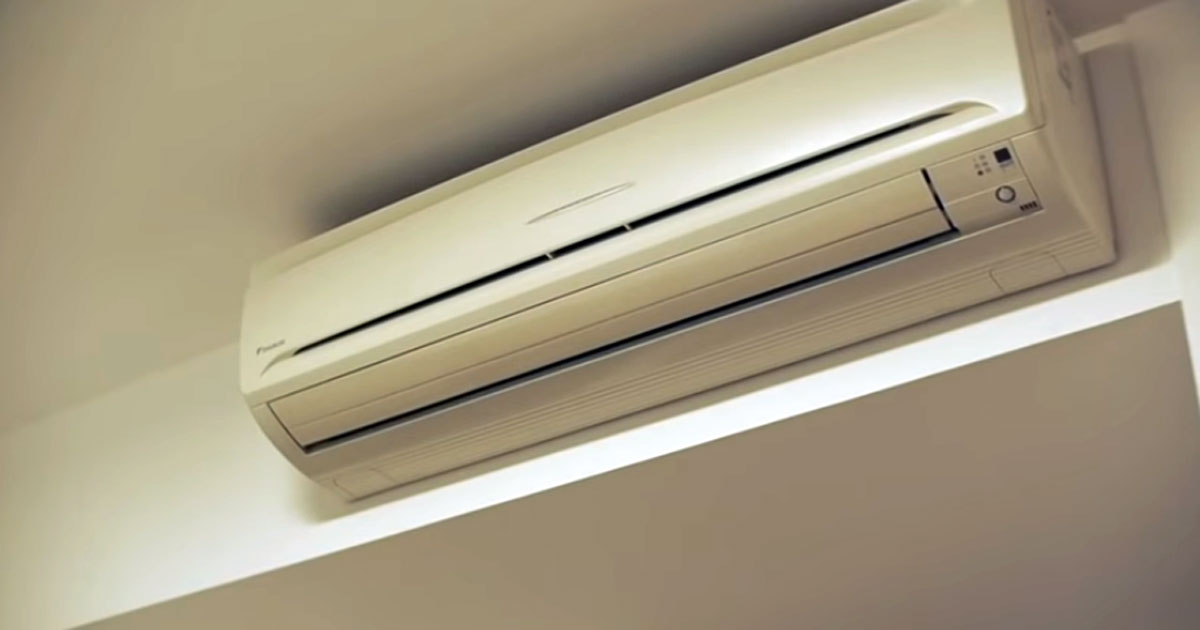Turn off the air-conditioner, open the windows, and leave the fan running for enhanced ventilation.
These are some of the life-saving methods people in Singapore can adopt to prevent catching the novel coronavirus.
Singapore's tropical climate a plus point
Singapore, by virtue of having a hot tropical climate, is already less conducive for the virus to thrive.
However, the widespread use of air-conditioning in Singapore can be a hotbed of virus-spreading activity, as earlier studies have shown that viruses thrive better in cool, dry climates.
The Ministry of Health's (MOH) chief health scientist, Professor Tan Chorh Chuan, dished out some of these advice at a press conference on Monday, Feb. 10.
Addressing the concern over the prevalent use of air-conditioning in Singapore, Tan said: "The likelihood of viral persistence outdoors is lower."
Tan was one of eight infectious disease experts in Singapore who faced the media and provided updates about what is being done to fight the virus.
Above 30°C
Since 2003, after the outbreak of the severe acute respiratory syndrome (SARS), plenty of research has gone into finding out how long viruses persist on surfaces.
Tan said hot and humid climates are not conducive for viruses to thrive.
He said: "Hot and humid meaning over 30°C, and with humidity levels of over 80 percent."
Other expert advice
Associate Professor Hsu Li Yang, programme leader of infectious diseases at the National University of Singapore (NUS) Saw Swee Hock School, said enclosed spaces could help to spread respiratory diseases, as they are less humid and cooler.
Experts suggest that another way to reduce the spread of diseases is to keep windows and doors open to ventilate indoor areas.
Stand in the sun
Professor Wang Linfa, director for the programme in emerging infectious diseases at the Duke-NUS Medical School, said the sun is could aid in the fight against the virus.
This is so as ultra-violet rays and heat from the sun could kill the virus.
"If you can stay under the sun for a while, it would be good," he added.
"Vitamin D can also boost the immune system."
Virus could go back to being dormant by May 2020
None of these ideas mentioned at the press conference are new.
They were expressed in a prediction made by two experts in Singapore, Assistant Professor Jyoti Somani and Professor Paul Ananth Tambyah, both from the National University of Singapore’s Yong Loo Lin School of Medicine, who wrote that the virus could be gone by May 2020 as China heats up in summer.
Studies have also shown that the “regular” coronavirus, which spreads the common cold, thrive in colder temperatures.
The viruses can survive on surfaces 30 times longer in places with a temperature of 6°C compared to those where the temperature is 20°C and humidity levels are high.
This could explain why Hong Kong and Singapore with their “intensive use of air-conditioning” — words used in the study — allowed the SARS virus to survive much longer than they would have in high temperatures and humidity.
This may be the reason why warm and humid Southeast Asian countries did not have SARS outbreaks.
If you like what you read, follow us on Facebook, Instagram, Twitter and Telegram to get the latest updates.
